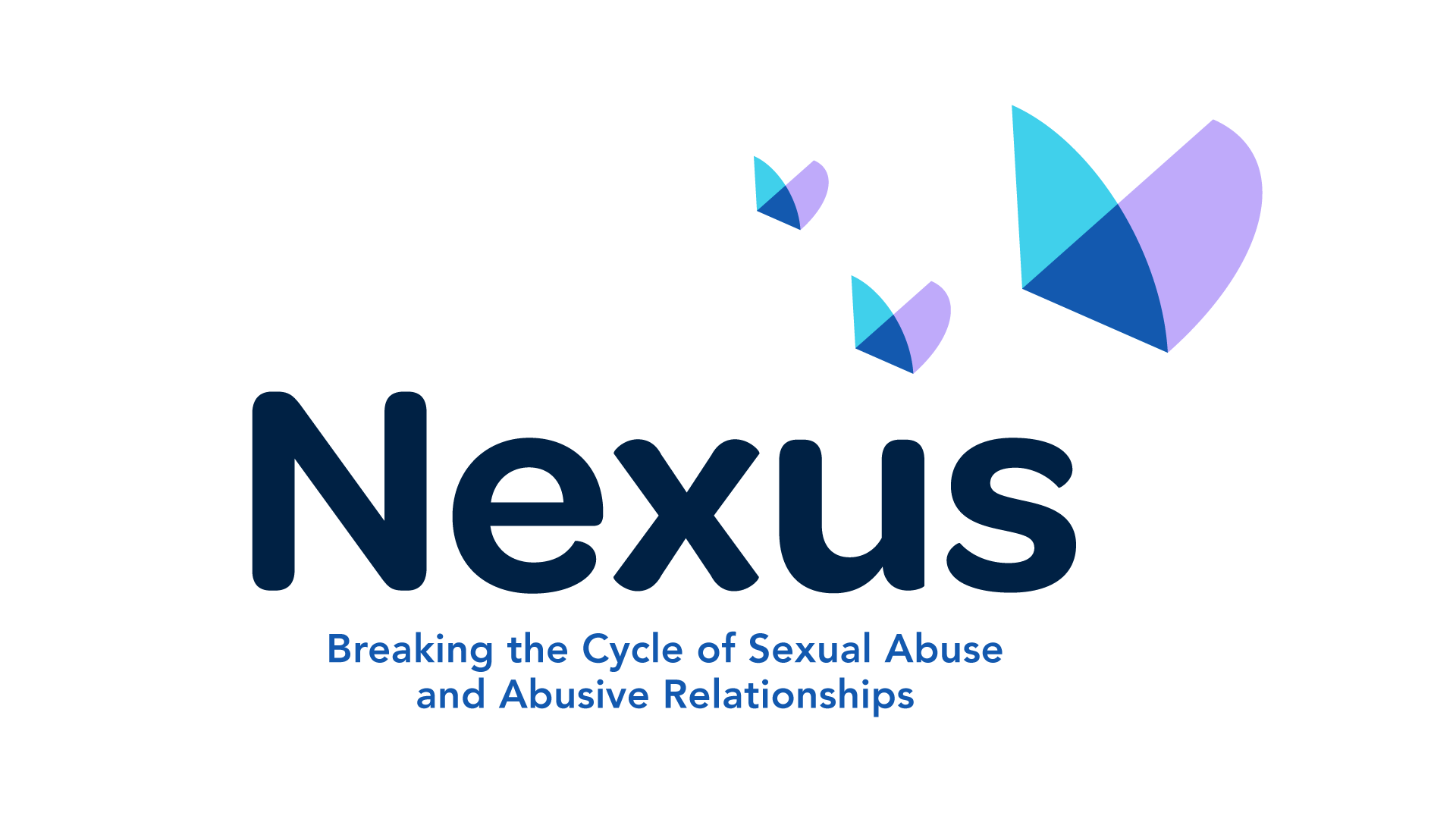There are more and more reports about young people sending ‘nudes’, ‘dickpics’, videos, or sexual language to each other but what does this involve? What is sexting and why are more people sending ‘nudes’?
We know sexting is happening in our society, not just with young people but sexting is undertaken by all ages in society.
The definition for sexting is, “when someone sends or receives a sexually explicit text, image or video on their mobile phone, computer or tablet. It can include sexual chat or requests for pictures/images of a sexual nature”.
There are many reasons why people sext, ranging from being in a relationship, flirting, ‘for a laugh’ to being coerced or pressured, insecurity or boredom. Sexting is happening more and more in society. However, instead of condemning or judging the person who sent the image, let’s focus on how to help them if it does go wrong or the image / video strays into the wrong hands. People should not be afraid to speak out and ask for help. Too often people are afraid of being blamed, getting into trouble, or being judged and criticised. At Nexus our aim is to ‘Break the Silence’ on sexual abuse. Sexting can be a form of sexual abuse. For some people, sexting can be seen as a way of flirting, the start of a new relationship and fun, but we must remember the words CHOICE and CONSENSUAL. When anyone is feeling UNCOMFORTABLE, PRESSURED, COERCED or BULLIED into sending an inappropriate image, this is when it is SEXUAL ABUSE. However, people do not realise it is sexual abuse and blame themselves. Too often, society will victim blame and say, ‘It is their own fault, they sent the image’. When we talk about sexual abuse, it not only involves physical abuse, but emotional and psychological which includes manipulation, coercion, and a form of brainwashing. Sexting can be a form of coercion and the person is being groomed / coerced into sending an image.
We must recognise the importance of consistent good quality RSE (relationship & sexuality education) in schools. It is so important to discuss sexting in a healthy relationship. Learning about trust, values, communication, respect, and boundaries. This will help us learn to recognise warning signs in a relationship if someone is not taking no for an answer if they are not listening to you and pressuring you into sending images. Learn the importance of Breaking the Silence and reaching out for help and support. Identify with agencies in the community that can help, such as Nexus.
“Ask for help. Not because you are weak. But because you want to remain strong”, Les Brown.
Nexus provide RSE and Consent workshops to schools, youth and community groups and voluntary organisations. For information go to www.nexusni.org or email Jan.Winton@nexusni.org
If you need help and support for you or someone you know, contact the 24 hour Domestic and Sexual Abuse Helpline on 0808 802 1414, email help@dsahelpline.org or for info and web chat www.dsahelpline.org





